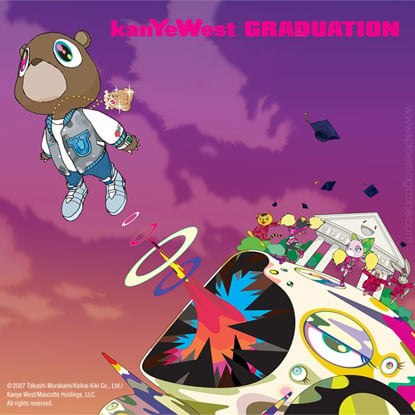TheSecretWeapon wrote:Efficiency in basketball is a measure of how often a team or player scores as compared to the number of possessions it uses. In a manner of speaking, teams (and their players) purchase points with possessions. They're spending possessions to accumulate points.
On average this season, the league is accumulating 106.2 points for every 100 possessions it spends. From Wall, the Wizards are getting a bit less than that: about 103 points for every 100 possessions.
The same thing is true of shooting the ball, which is a primary way of spending possessions. On average, the league gets about one point per field goal attempt (efg is .501 so far this season). When Wall spends a shot, the yield isn't as good: 0.938 points per shot. Wall "spends" a lot of shots -- 10th most in the league. But, the yield isnt' as good as other around the league, and he's 17th in total points -- behind Andrew Wiggins (who's spent 115 fewer FGA), behind Kemba Walker (71 fewer FGA), behind Kyle Lowry (152 fewer FGA), behind Isaiah Thomas (31 fewer FGA).
There are other factors in play when considering overall efficiency -- assists, turnovers, free throws and offensive rebounding. But 85% of possessions end with a FGA or FTA, so shooting efficiency is by far the most important factor in determining who wins and loses.
Basketball is a game about efficiency. Teams take turns with the ball until time runs out. Possessions are about equal between two teams in any given game, with a one or two possession variation based on end of period possession stuff. Because of this, the team that is most efficient in a game will win. Almost always -- the ONLY exceptions coming in a close game where one team gets an extra possession or two.
You're underestimating rebounding, Kev. The two main factors in overall efficiency determine how many shots your team gets to take and its points per shot. If a team only got the ball after the opponent scored, there would be no way for it to win the game short of shooting 100%. If a team only got one shot per possession, it would also be virtually impossible.
It's possible to win even if with a lower TS% than your opponent -- but only if you have more chances to score. By and large, that's determined by rebounding, especially offensive rebounding.
Another way to say that: every missed shot ends with a rebound. Since there are about as many missed shots as made shots, rebounding has as much scope to affect outcome as shooting does. Or, if I'm wrong, please explain.














